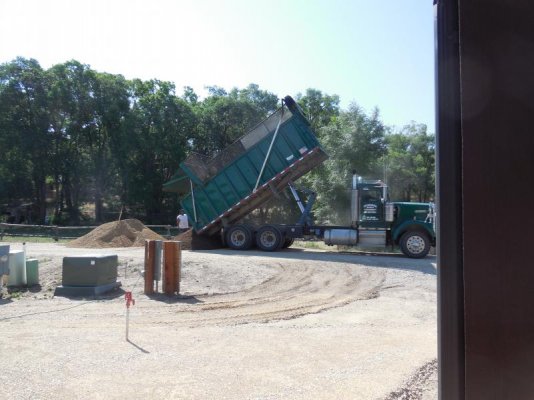elitova
Assistant Cook
Hi there.
I don't know much about organic produce, but I have "heard" of the unsavoury ingredients that go into regular compost for commercially grown mushrooms (i.e. animal manure...).
Does anybody know if organic mushrooms are/can be grown in better conditions?
Thanks very much for the advice.
From a naive cook who is keen to improve her food and health
I don't know much about organic produce, but I have "heard" of the unsavoury ingredients that go into regular compost for commercially grown mushrooms (i.e. animal manure...).
Does anybody know if organic mushrooms are/can be grown in better conditions?
Thanks very much for the advice.
From a naive cook who is keen to improve her food and health

